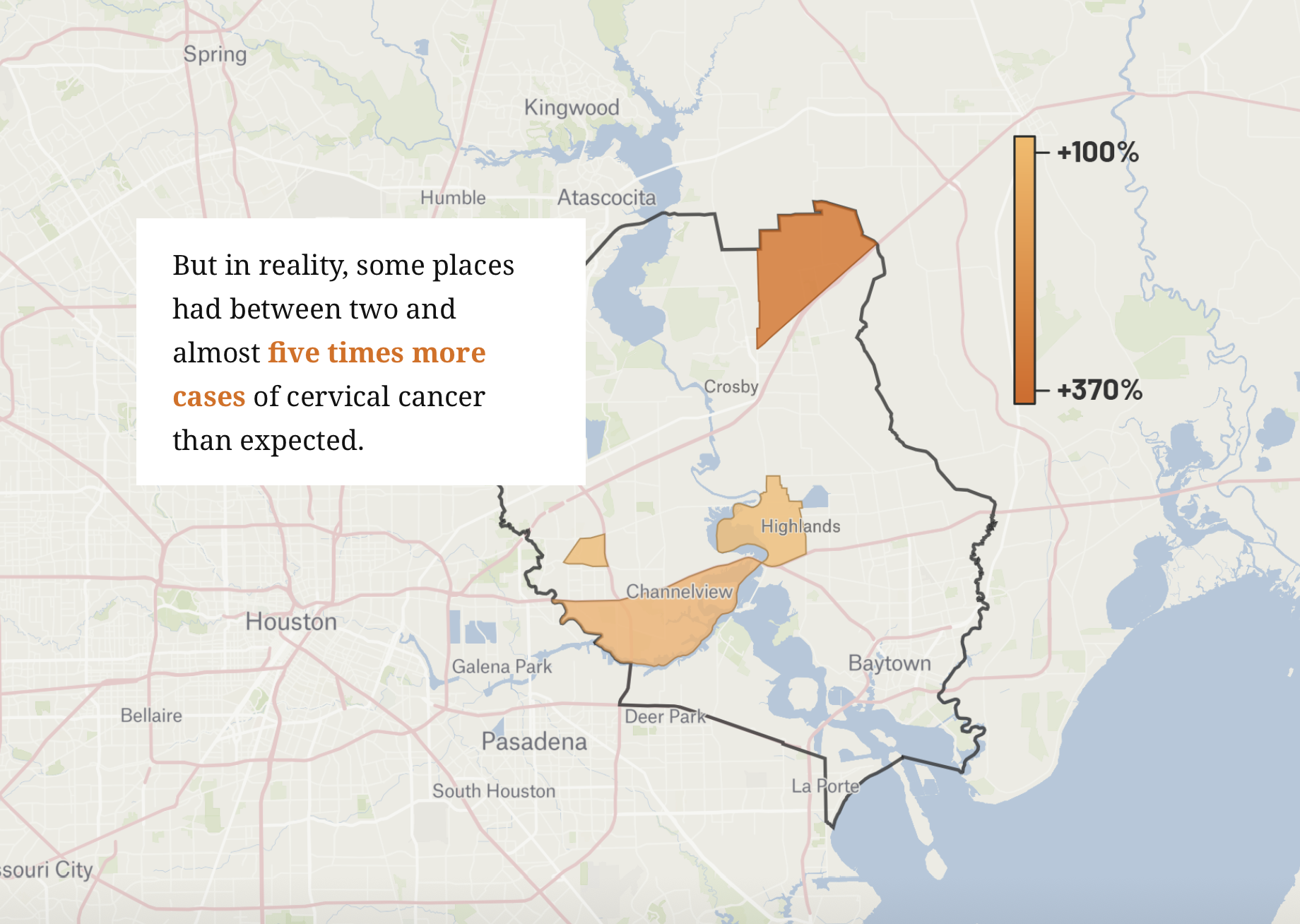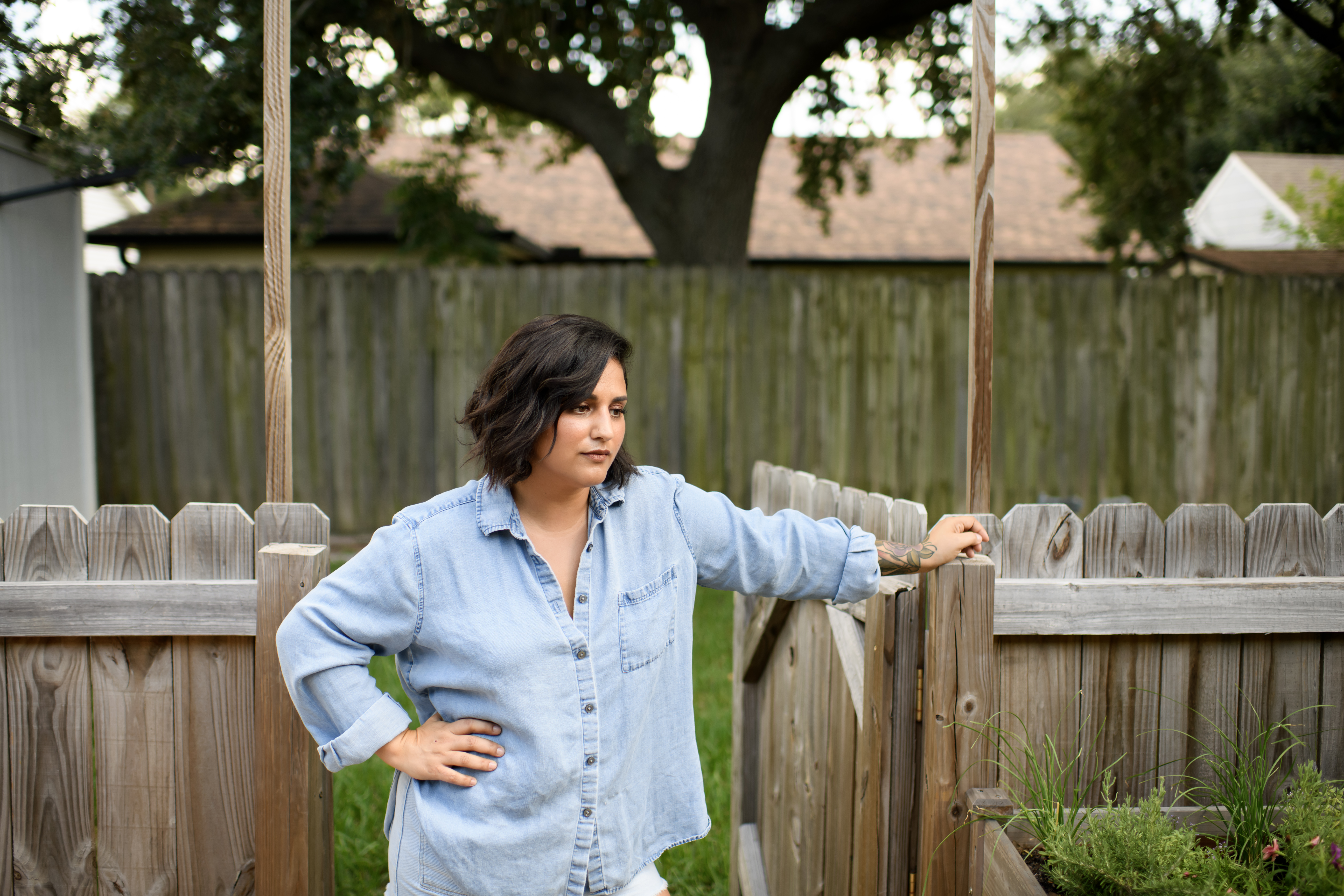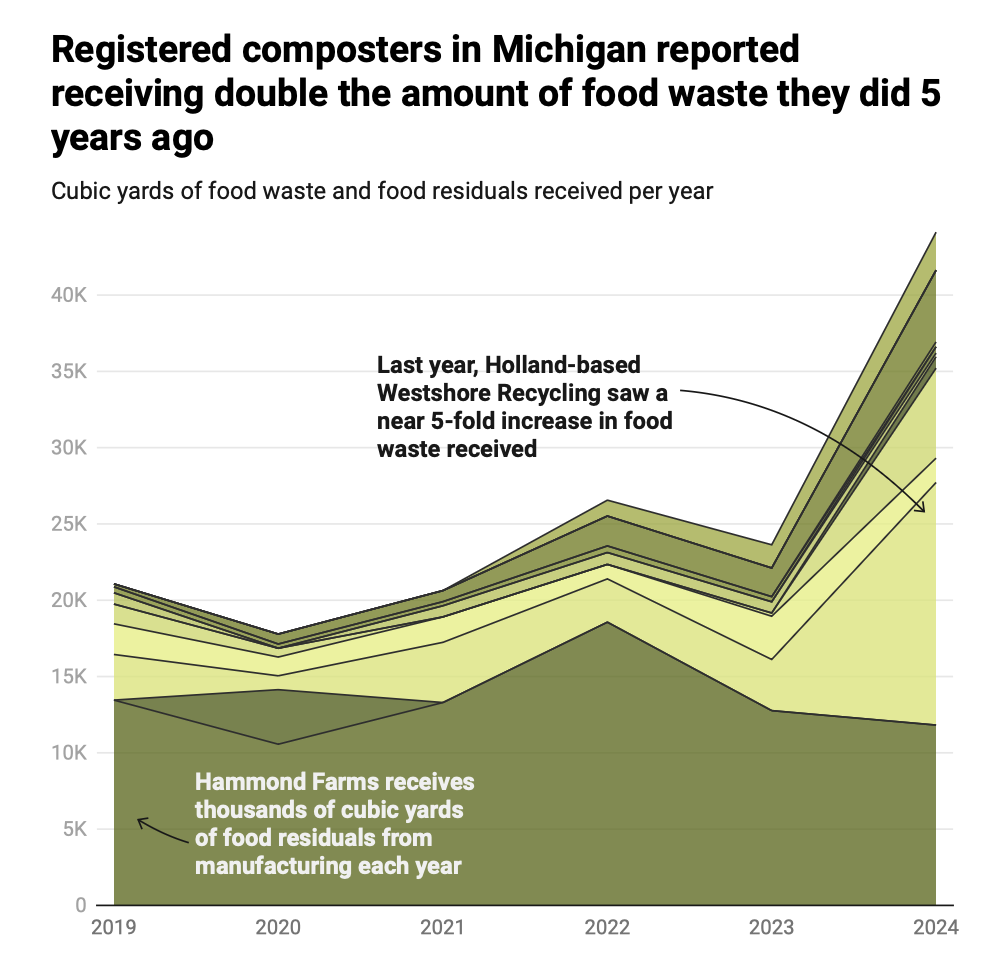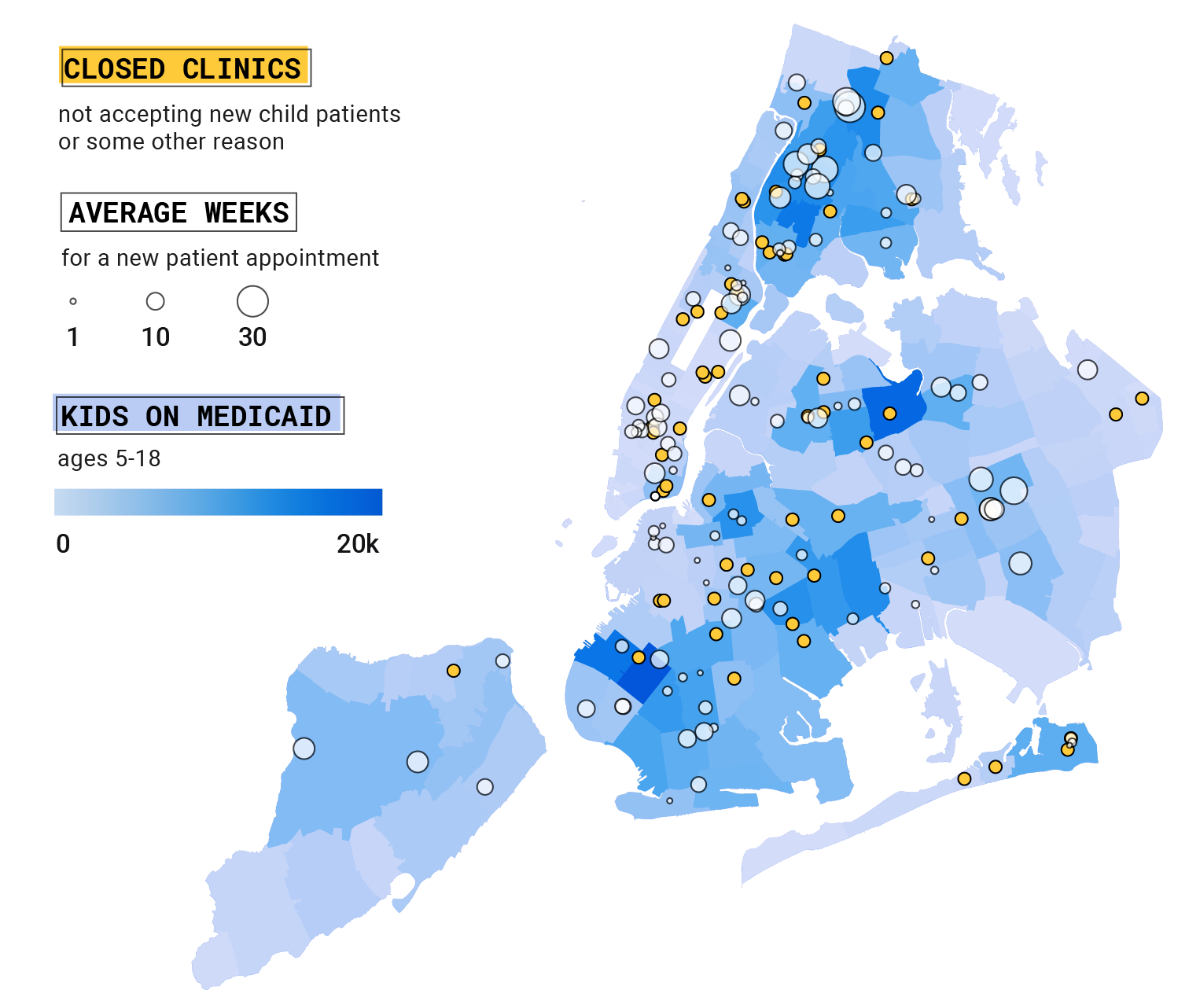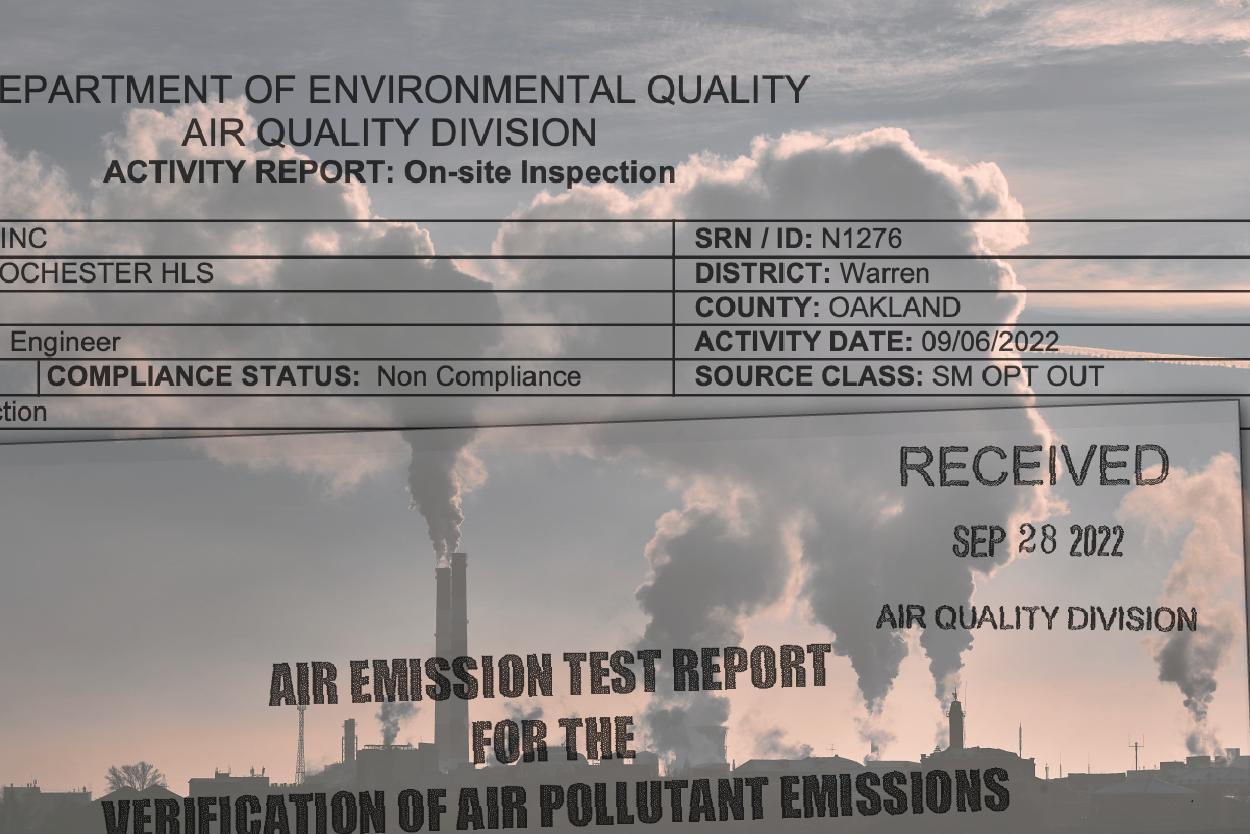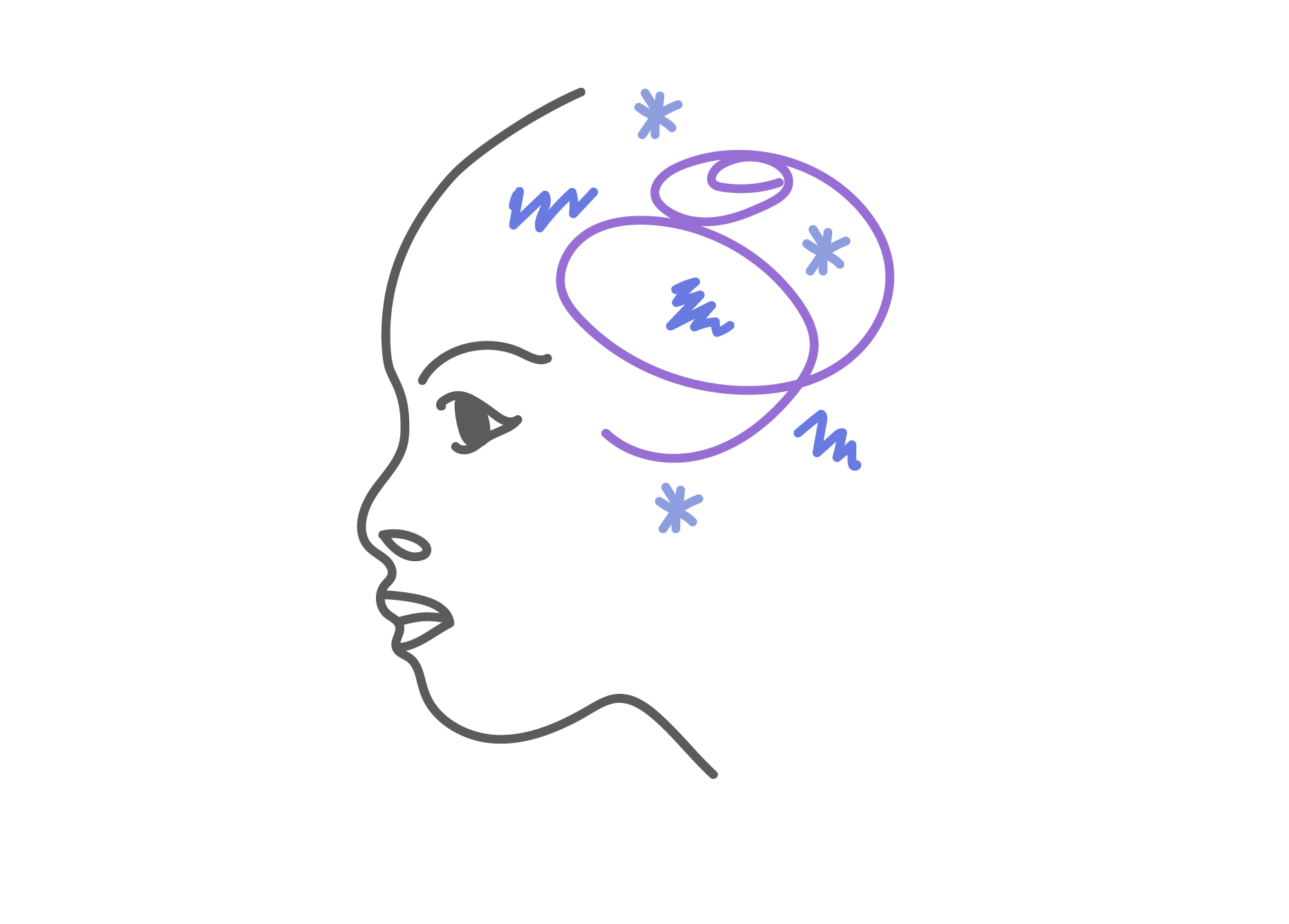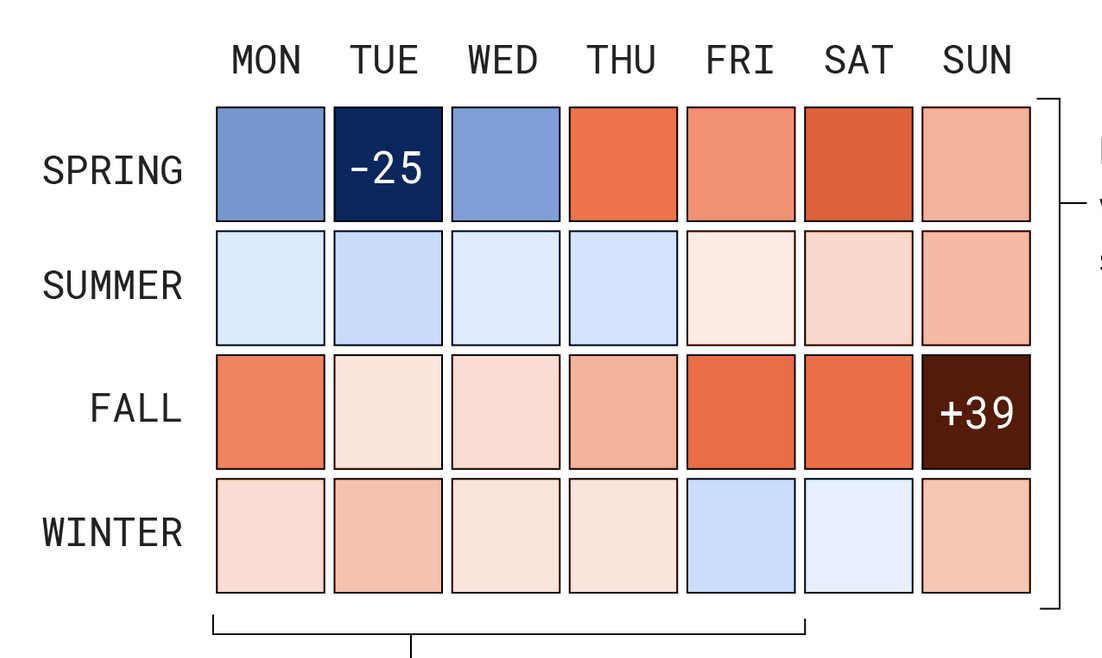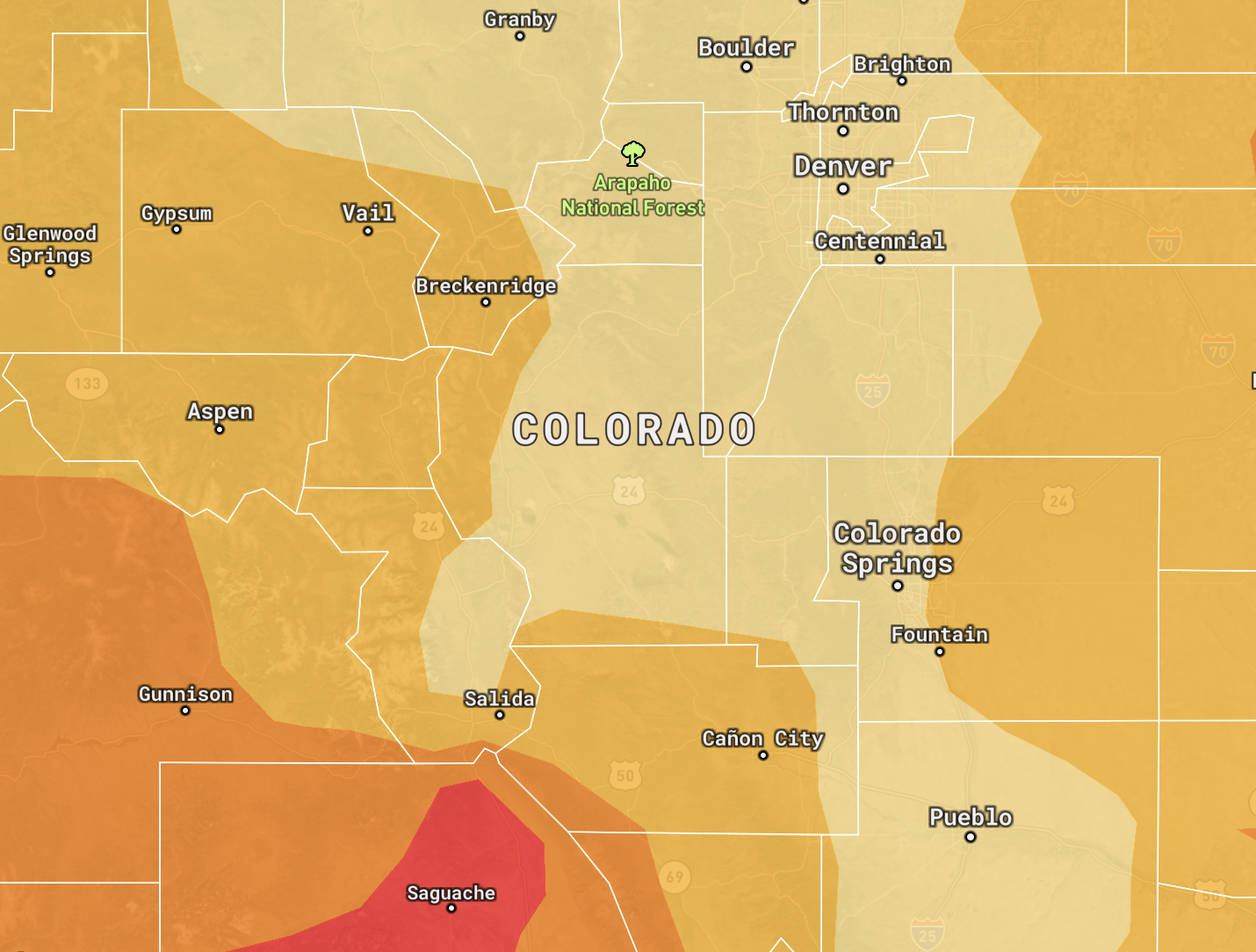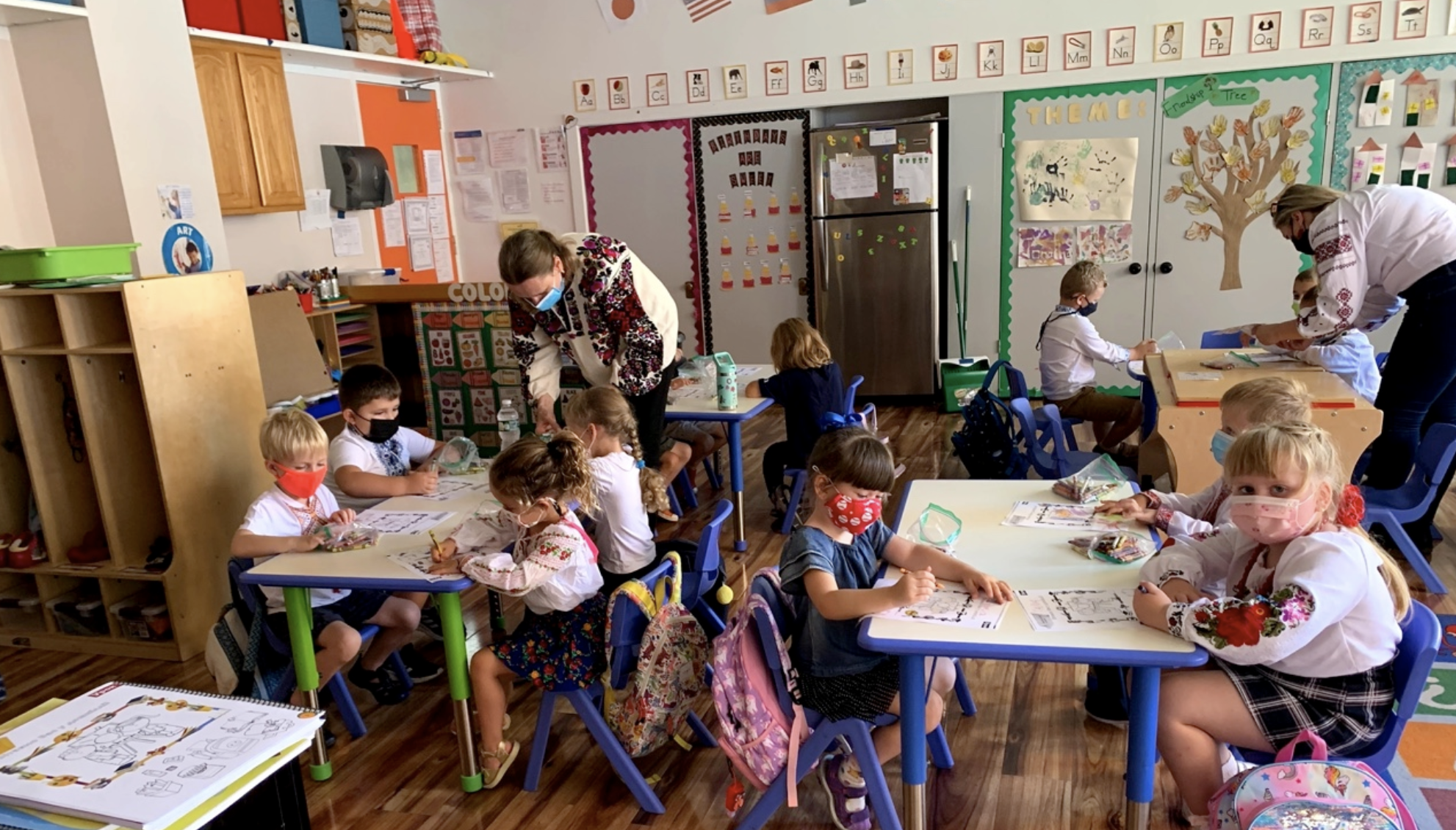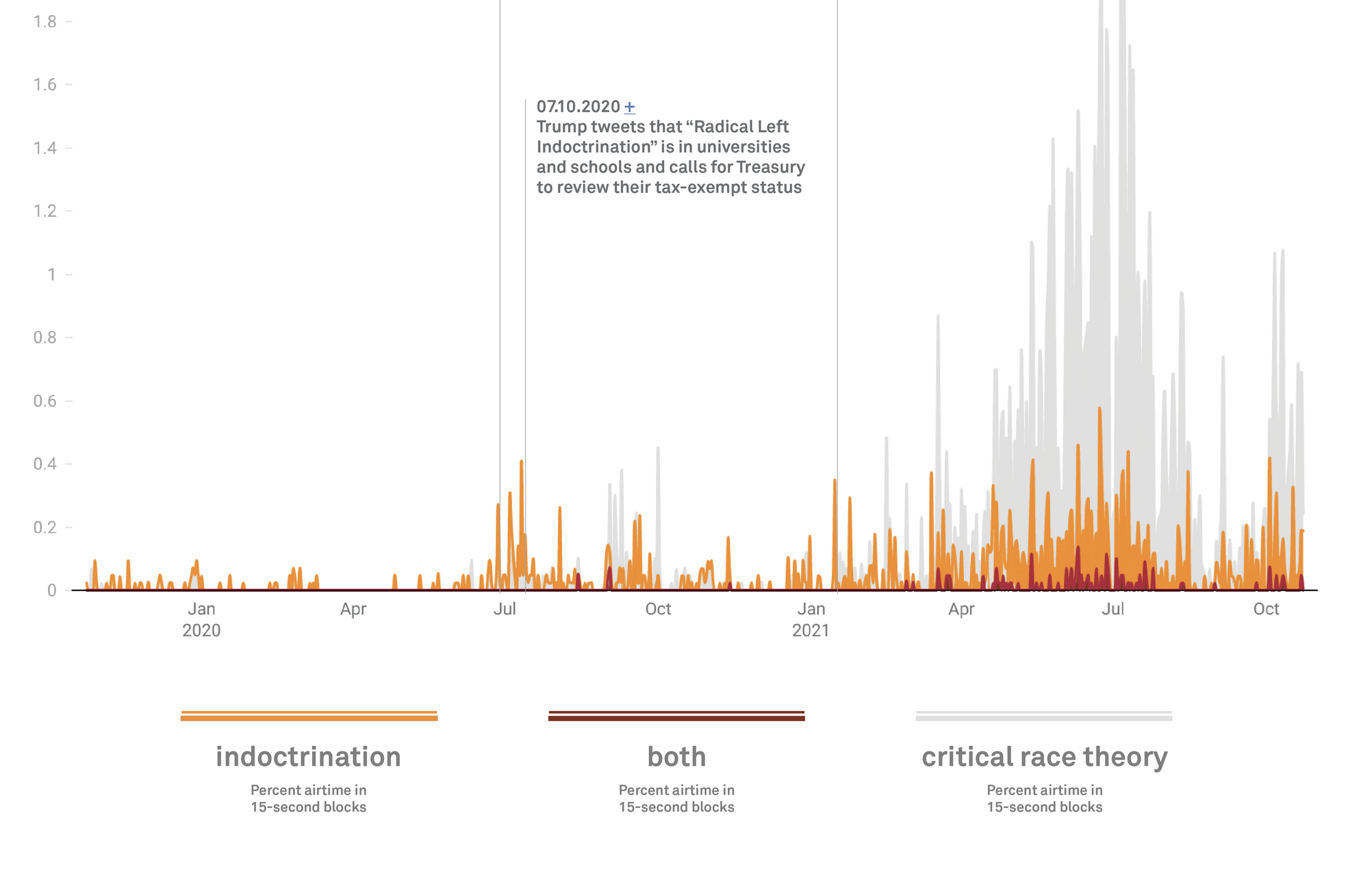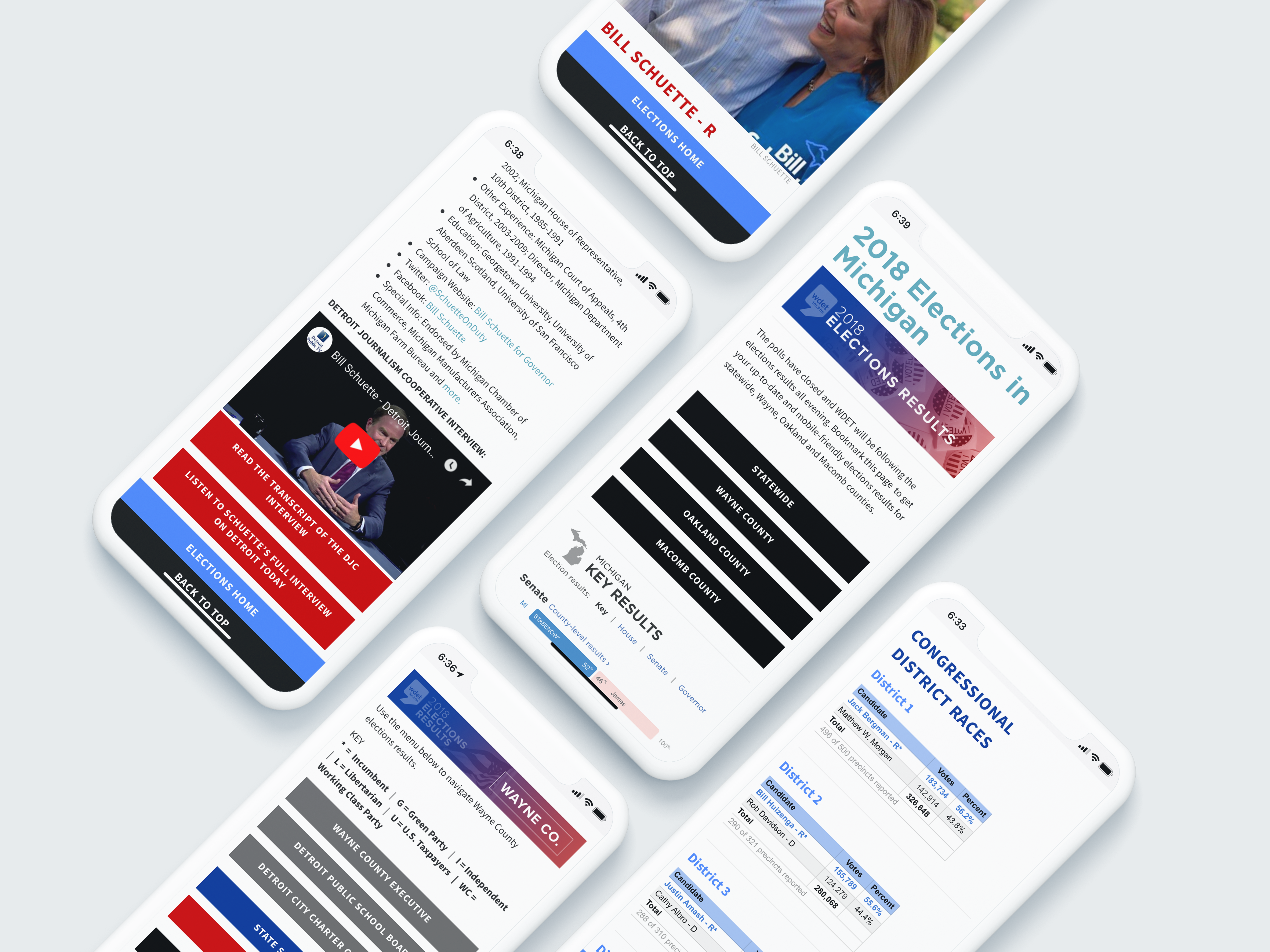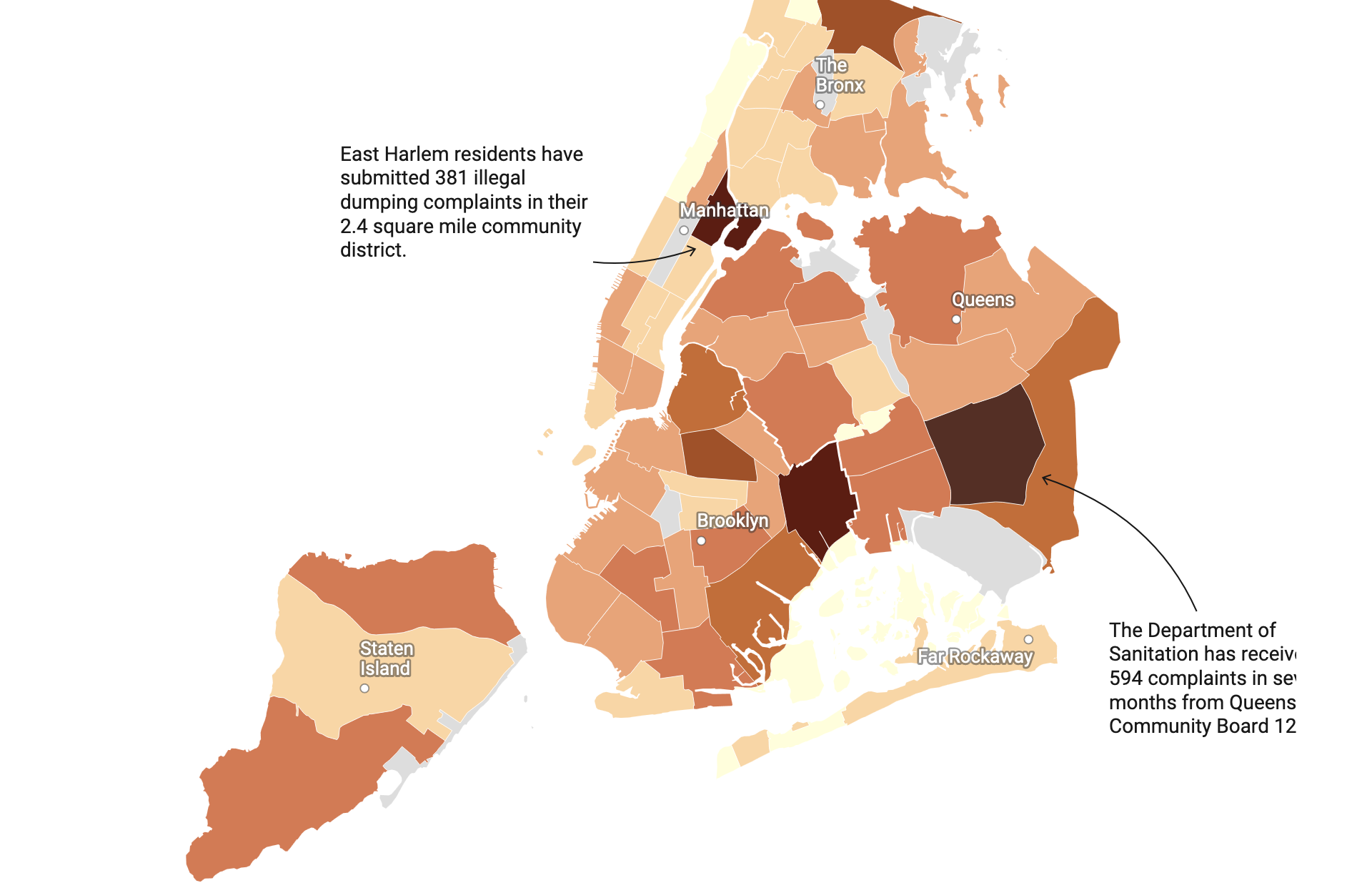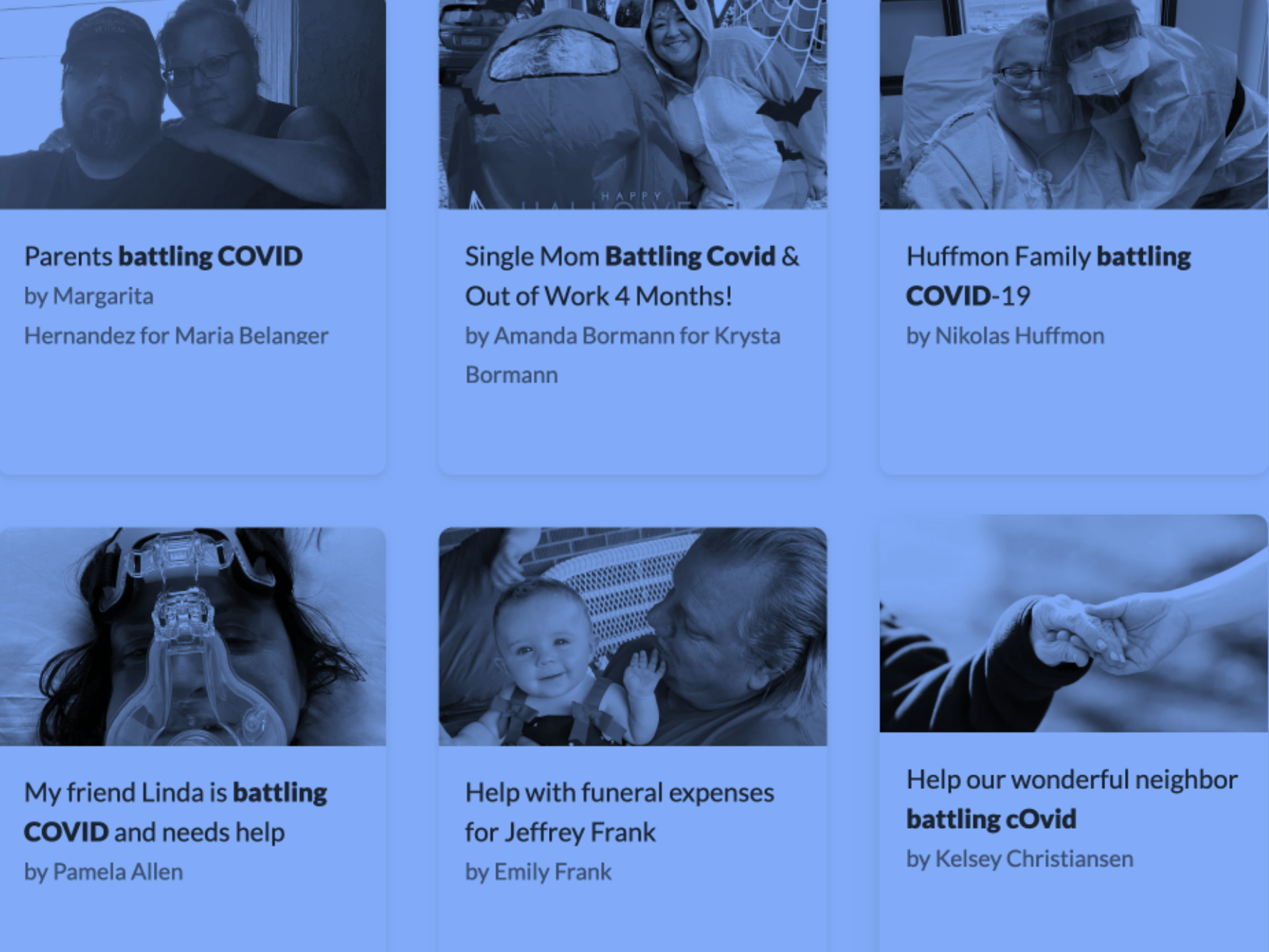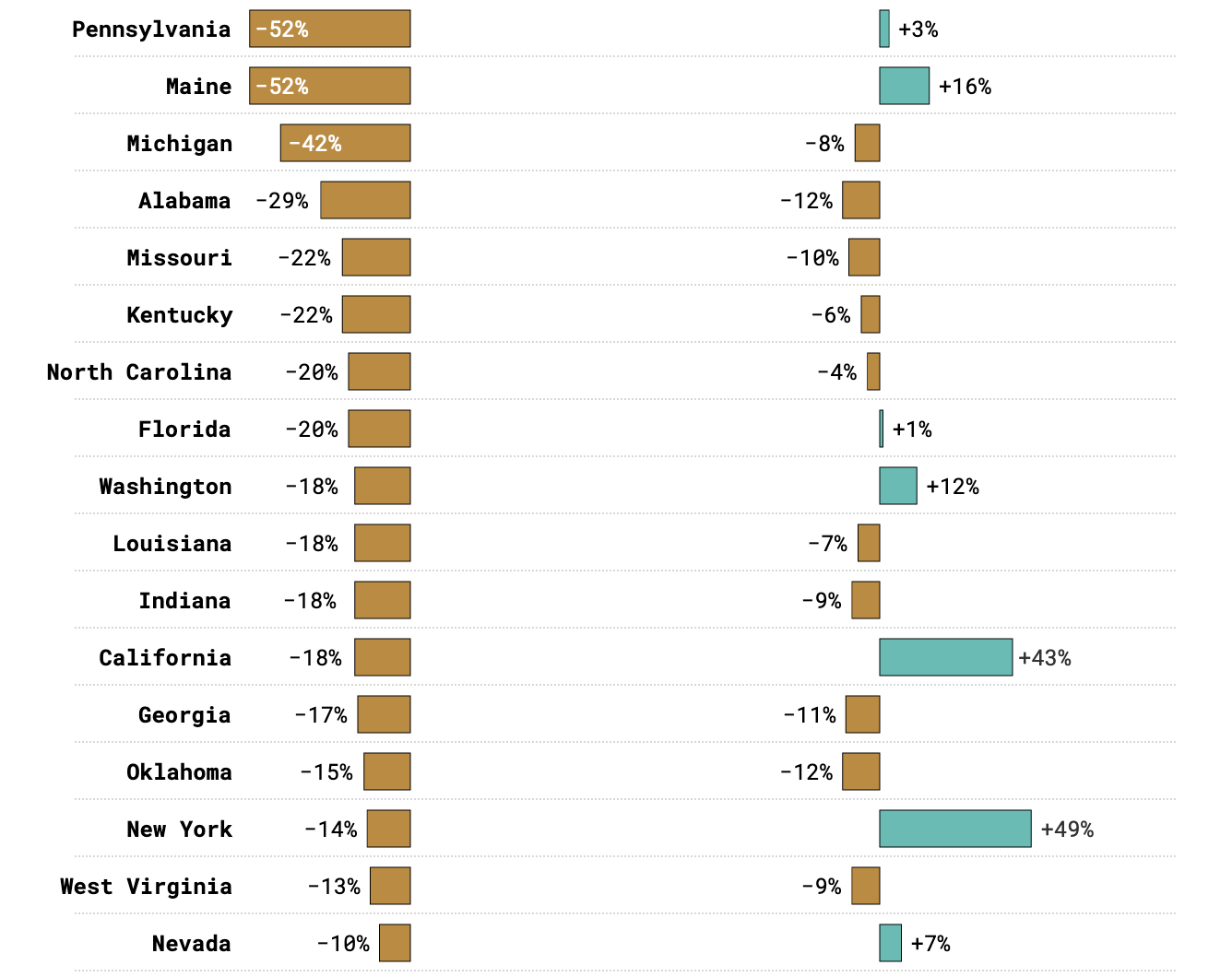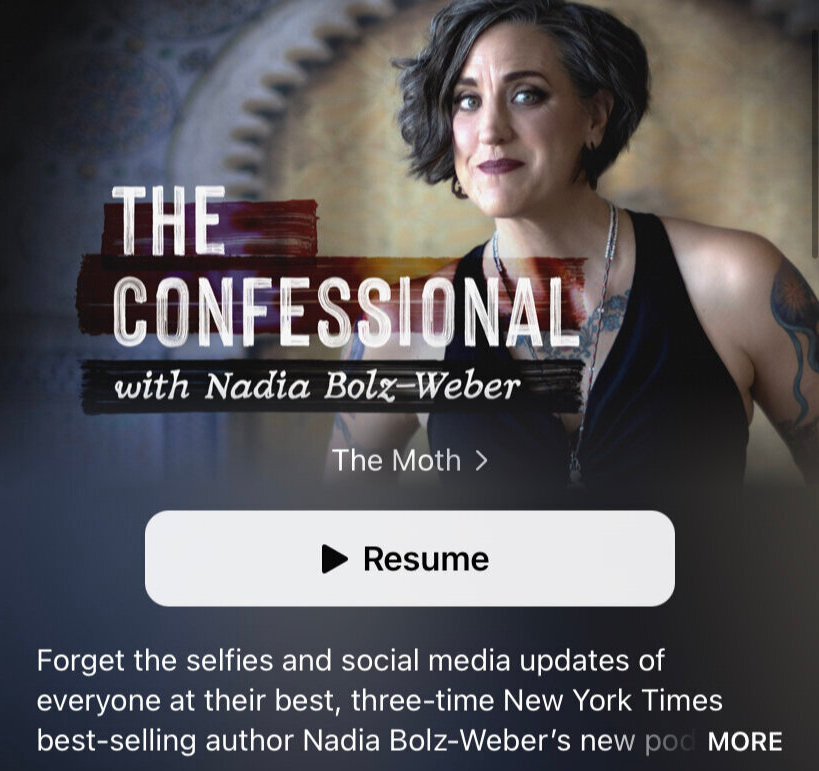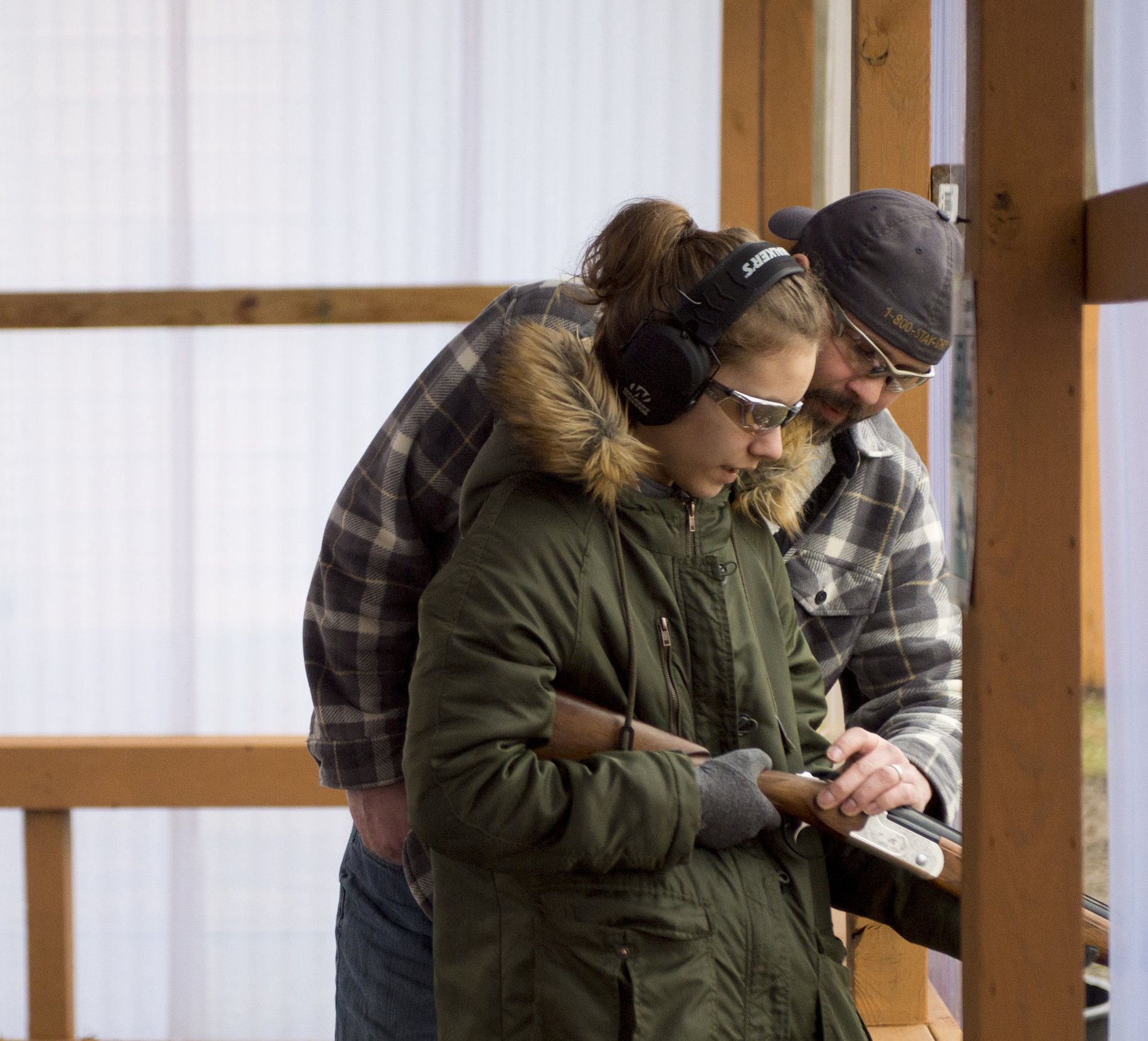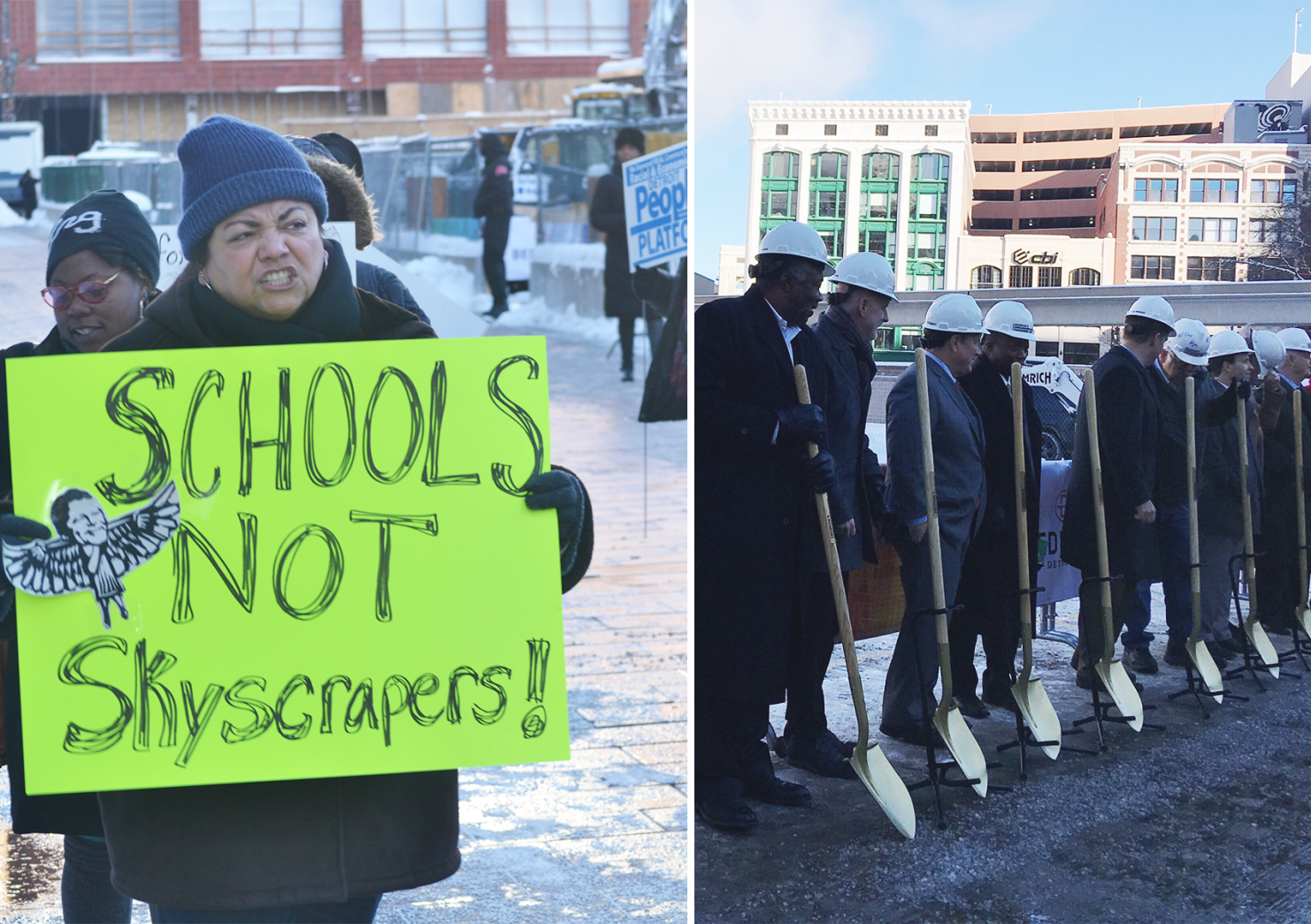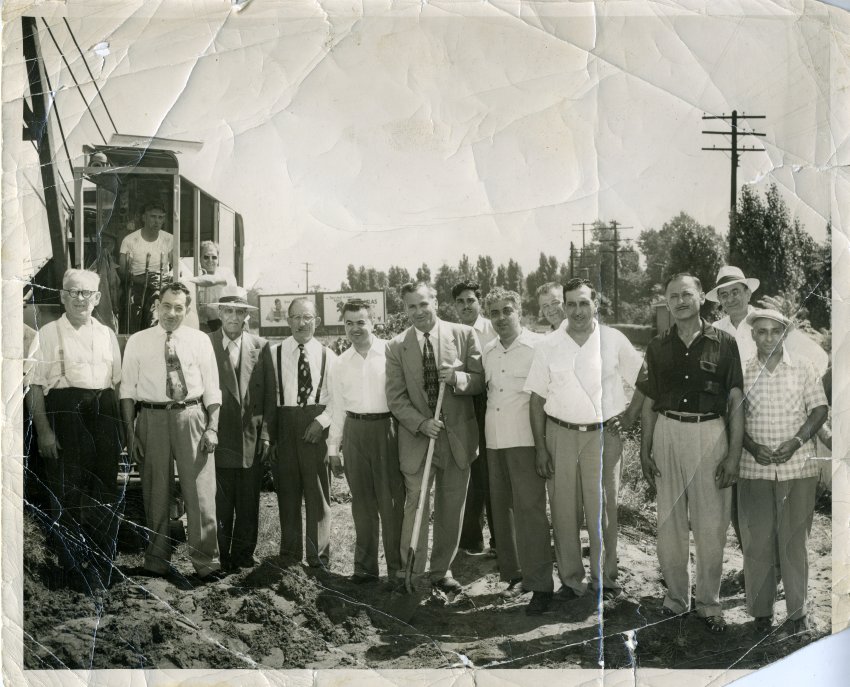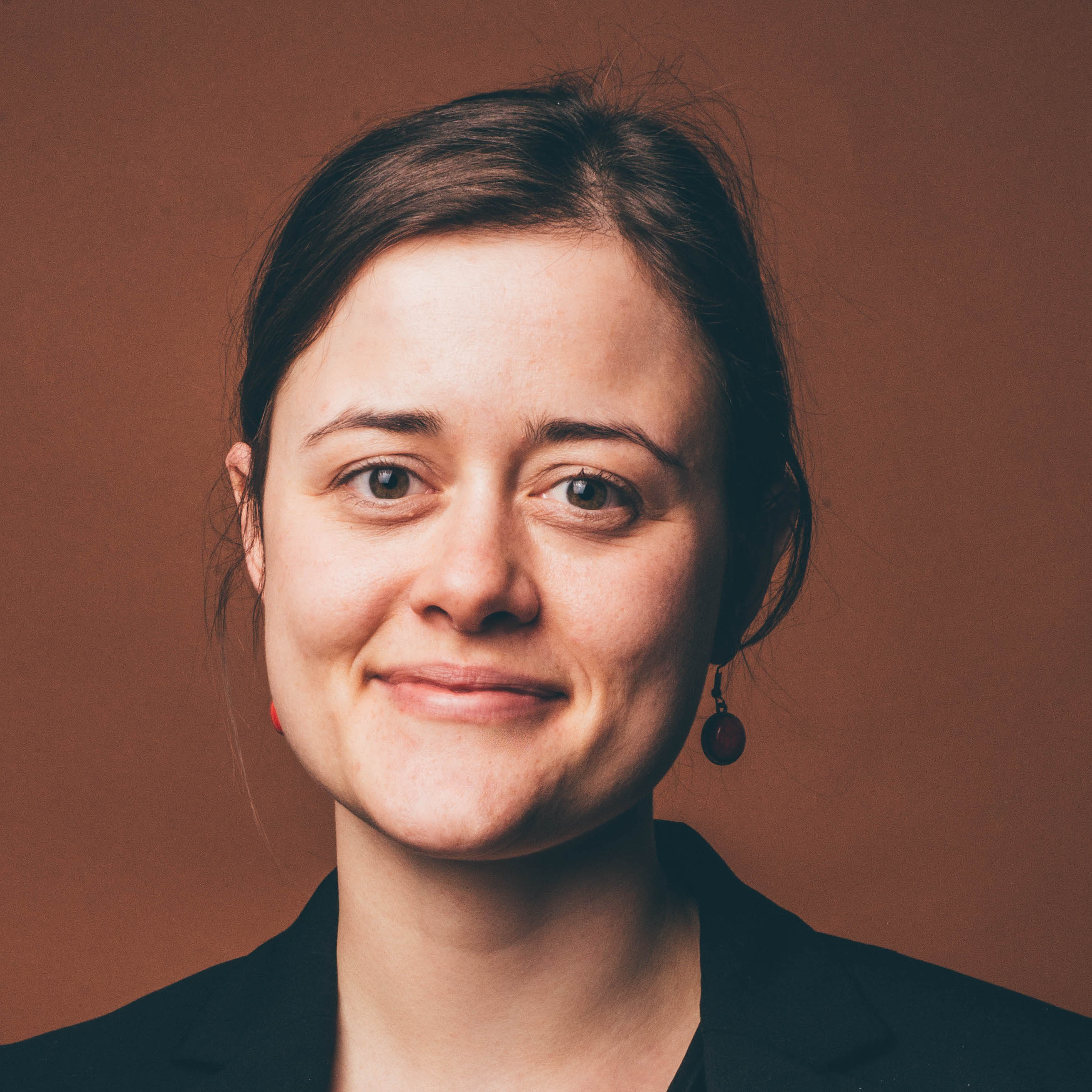Visualizing the uneven burden of toxic pollution in East Harris County
The state of Texas refused to release census-tract level data from its newest cancer study in East Harris County, a community overburdened by toxic pollution. To help readers understand the implications of this decision, I created a scrollytelling story that visualized how grouping data over a large geographic area can mask trends. At the request of the reporter, David Leffler, I also created a map to show how sources of toxic pollution are concentrated in the southern part of the study area near Channelview and Highlands.
Public Health Watch partnered with Univision 45 in Houston to tell this story and co-published with Inside Climate News and Texas Public Radio.
Read the story →